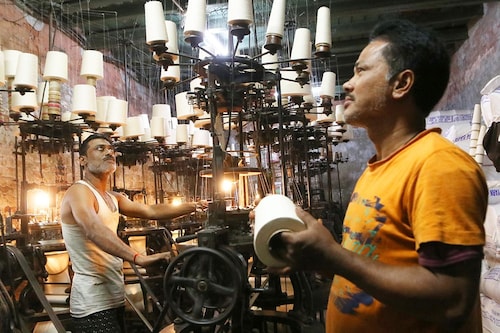
Ravi Kiran
As a child, I used to wonder where mosquitoes in winter hide, why fish keep swimming, how birds learn to fly and other such 'un-natural' occurrences. After a career in marketing & communications for over 20 years, building and running businesses of excellent sizes and in many a geography, hiring and training dozens of successful managers, I continue to be aggressively curious about beings and things. In 2011, I co-founded Friends of Ambition, a Business Growth Platform for Middle India. It works with growth-minded businesses in Middle India and helps them professionalize their operations, build internal capability and become agile. Our focus on Middle India [a.k.a Tier 2 towns] stems from a strong conviction that the next several decades of explosive business growth in India will come from that geography. As I often find myself in cities and towns I might have only heard of just a few months ago, meet business owners there and hear their stories, dreams and challenges, I feel a sense of elation and sadness, sometimes simultaneously. This blog is a chronicle of my experiences in Middle India - mostly gleaned from real life encounters with business owners, their influencers and well wishers.











